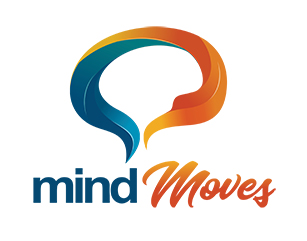Fast or slow? You choose …

The year has gone so fast hasn’t it? I’ve been hearing this loads over the last couple of weeks as the 1st of December arrived and this weird sense of panic appears to set in. What I find interesting about years going fast or slow is that the sun still takes the same amount of time to pass over us each day like the rest of the cosmic system and there are still 1440 minutes in a day, 24 hours in each day, 7 days in a week and 52 weeks in a year. How can it go fast or slow?
Well … what’s interesting is that it’s not the year that’s gone fast. It’s how we process what we’ve done that changes our perception of time. Maybe we’ve been doing a lot more routine activities and tasks? Routine is a great thing for us as the brain and body can get on and do things that are familiar and we can use other parts of our brain to ponder thoughts, problems and challenges while getting things done, like driving. Have you ever been driving and wondered how you got from point A to point B? That’s your beautiful brain doing what it does best. It says, “Barbara, you figure out that problem and I’ll take care of the driving”, and before you know it you’re home. Our patterns and habits shape our perception of time. And when I think about my patterns and habits this year I think, heck – there’s a bunch of ‘routine’ stuff that’s fallen off my radar this year, like, writing a regular blog and sending out a regular newsletter. And when I think of that I remind myself that I’ve succeeded in finding a new type of completion, so I should give myself a pat on the back, although it still feels a bit weird! But that’s not what I’m on about here. Routine can be useful and our brains are pretty good at supporting us here, yet there’s a down side to doing the same things every day.
David Eagleman talks about how we can slow down time based on how rich the ‘footage’ is that we record. Check out his video here before you read on (it’s only 2 minutes and worth the watch, which, if you watch it, you’ll get the pun). So if you work on this premise, then what is it that you can do differently to create novelty? What new things can you learn? How can you shake up your neural circuits and create new patterns of behaviour so that things are fresh and different?
So, what’s the point of this ramble? Well – when you do new and novel things, like busting out of your routine and sitting in imperfection (if you’re a perfectionist), then the shape of your day changes. How you then recall that time changes. Fast or slow, it’s up to you.
What new and exciting things will you create between now and Christmas so that you have the benefit of really enjoying this time and having it tick by a little slower?
